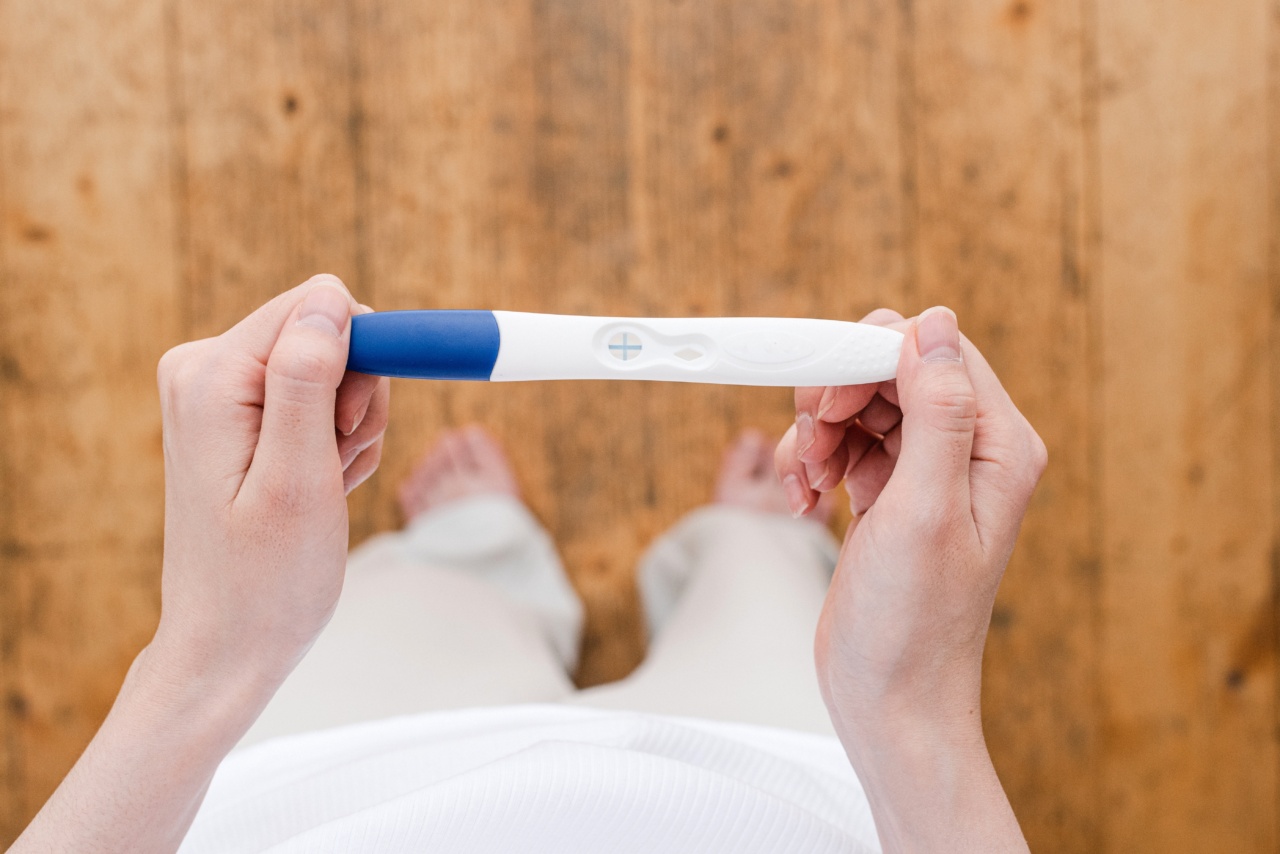The last trimester of pregnancy comes with its own set of challenges, and one of them is getting a good night’s sleep. As your baby grows and your body prepares for labour, you may find it difficult to get comfortable and snooze through the night.
However, sleeping well is important for both you and your little one, so here are some tips to help you sleep better during the last trimester of your pregnancy.
Invest in a good mattress
Getting a good night’s sleep starts with the right mattress. Investing in a good quality mattress that provides ample support and cushioning can help ease the pressure on your joints and muscles.
A mattress that is too firm can cause discomfort, while one that is too soft can make it difficult to get in and out of bed.
Use pregnancy pillows
Pregnancy pillows are designed to support your changing body and help you get into a comfortable sleeping position.
There are specially designed pillows that support your bump, back and hips, and can help alleviate some of the discomfort associated with pregnancy. Try different types of pillows to find the one that works best for you.
Avoid sleeping on your back
Sleeping on your back during pregnancy can cause backaches, hemorrhoids, and low blood pressure. It can also decrease blood flow to the uterus and the fetus, which can be harmful.
Because of this, it is recommended that pregnant women sleep on their left side. This position helps improve circulation and blood flow to the fetus and prevents the uterus from pressing onto the liver.
Stay hydrated during the day
Drinking enough water during the day can help reduce the need for bathroom trips at night. Try to drink at regular intervals throughout the day instead of chugging water before bed. This will help you stay hydrated without disrupting your sleep.
Take naps
You may find that it’s harder to get through the day without feeling tired during the last trimester of your pregnancy. Take naps during the day when you can to help give you the energy you need to get through the rest of your day.
Studies have shown that even a short nap can improve alertness and productivity.
Keep your bedroom cool and dark
A cool and dark bedroom can help promote better sleep. Make sure your room is dark by using curtains or blinds that block out light. Keeping your room cool can also help you sleep better.
Studies have found that sleeping in a cool room can help you fall asleep faster and stay asleep longer.
Avoid caffeine and spicy foods before bedtime
Caffeine can be found in many foods and drinks, including tea, chocolate, and soda. It is a stimulant that can keep you awake and make it difficult to fall asleep.
Spicy foods can also cause heartburn, which can make it difficult to get comfortable in bed. Avoid consuming these items before bedtime to promote better quality sleep.
Try relaxation techniques
Stress and anxiety can make it difficult to fall asleep and stay asleep. Try relaxation techniques like deep breathing, meditation and yoga to help you relax and prepare for sleep.
A warm bath before bedtime can also help to relax your muscles and promote better sleep.
Speak to your doctor
If you’re experiencing difficulty sleeping during pregnancy, it’s important to talk to your doctor. They can provide you with additional advice and help you find ways to alleviate your discomfort.
They may also recommend specific medications or treatments that are safe to use during pregnancy.
Conclusion
Getting a good night’s rest is important, particularly during the last trimester of pregnancy when discomfort and disrupted sleep are common.
Investing in a good mattress, using pregnancy pillows, avoiding certain foods before bed, and practicing relaxation techniques can all help you sleep better. Always speak to your doctor if you have difficulty sleeping, as they can help you find solutions that are safe for you and your baby.































